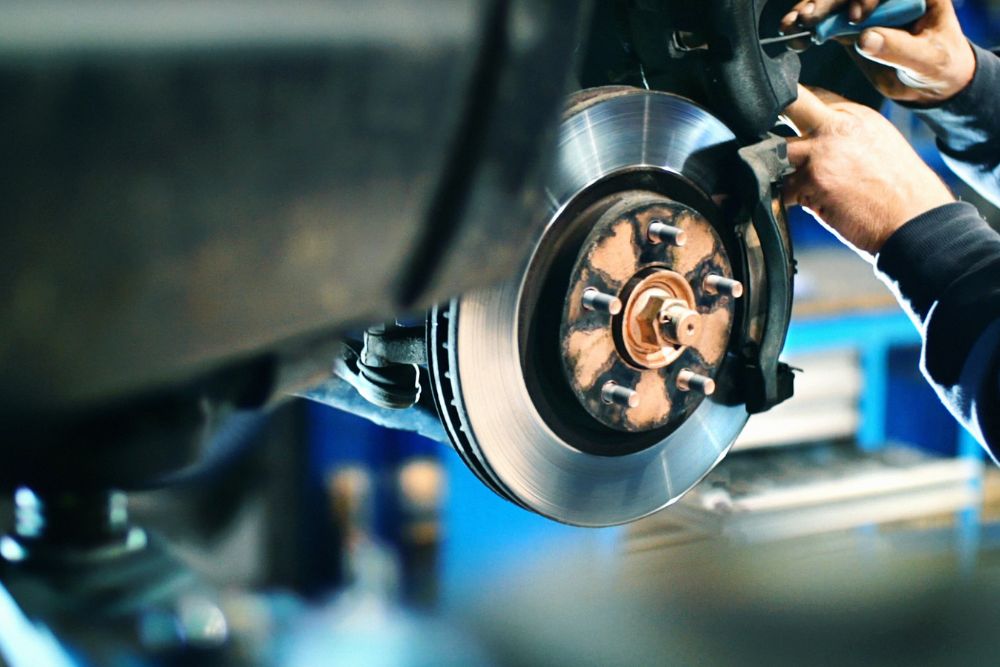
What Kind of Upkeep Is Required for Brakes?
You might assume that your brakes will always be available in case you need to stop for pedestrians or slow down in traffic. What if they weren't, though? Your car's brakes deteriorate as it gets older. For the best performance over time, brake maintenance is necessary. This helpful guide was created to help you understand the steps you can take to give your brakes the maintenance they require.
Change the brake pads.
Every time you apply the brakes, the friction between the tires and brake pads helps your car slow down or stop. Over time, the heat produced by this friction erodes your brake pads. New brake pads are typically required every 25,000 to 65,000 miles, depending on the brake's quality.The brake pads on your car may endure over 80,000 miles if they are made of carbon ceramic. In order to ensure that the brake pads can effectively create friction between the tires for stopping, they should be replaced when they wear down. It also guarantees the protection of your calipers and rotors. Other brake parts may become damaged and require replacement if you fail to update your brake pads.
Clean the brake fluids.
Via the brake fluid reservoir and brake lines, brake fluids absorb moisture. The metal parts in your brake system may corrode as a result of this dampness. Additionally, it reduces the boiling point of the brake fluid, which lessens the efficiency of your brakes. When brake fluid has to be changed, it appears milky or hazy. Every 25,000 miles, the brake fluid in an average car needs to be cleaned. Nevertheless, the hot and muggy summers in Texas may cause brake fluid to absorb more moisture, necessitating more frequent fluid flushes.
Brake Line Bleeding
By removing extra air from the brake lines, bleeding can lower the braking system's pressure. You may notice that your brake pedal feels mushy or that you have to push it all the way to the floor when there is air in the brake lines. The brake fluid may also absorb moisture due to air in the brake lines. By engaging the brakes and manipulating the bleeder valve, mechanics can remove this air by bleeding the brake lines. This service should be scheduled every two or three years.
Change the Brake Components
Although brake pads require replacement more frequently than any other brake element, other brake parts may also require replacement if they experience wear and tear. By replacing these, you can prolong the life of your brake system and make sure you stay safe. You might also want to swap out the conventional brake parts for more sophisticated ones. For instance, you could swap out the simple disc brakes for longer-lasting, heat-resistant slotted ones. Our professionals can provide you with advice on the appropriate replacement parts if you wish to update your braking system.
Brake evenly and smoothly.
You can prevent your brakes from working too hard and sustaining excessive wear and tear by practicing even, smooth braking when driving. To give yourself enough time for even braking, keep a minimum of three seconds between you and the car ahead. Since additional weight reduces stopping power, it makes sense to widen this space in bad weather and when vision is poor, as well as when you are hauling heavy cargo.
Limit Braking
The brake pads will deteriorate more quickly the more you use your brakes. Overusing the brakes can also have a detrimental effect on the effectiveness of the braking system and your brake fluid tube. One of the simplest methods to keep your brakes in good condition is to use them sparingly and only when absolutely required. Think about how you drive and how you might be able to use your brakes less.For instance, instead of speeding and braking more frequently, you might brake less if you keep your speed steady and reflect the traffic circumstances. Try to fight these urges and only brake when required if you frequently tap your brake or place your foot on the pedal while driving. When there is no traffic, use the footrest next to your brake pedal. Hover your foot above the pedal to use the brakes only when necessary when driving in dense traffic.
Respect the speed limit.
Many poor braking practices can be traced back to driving too fast. You have less time to respond to shifting circumstances when you speed. You won't have enough time to slow down or stop, so you're more likely to slam on the brakes. You can avoid the temptation to hurry by leaving your house with enough time to get where you're going.
Carry Appropriate Weights
Recognize the maximum weight that your car can hold and never go beyond it. The brakes on your car will be under additional strain the more you carry. When your brakes are under stress, they have to work more and are less effective and long-lasting. To keep your brakes in good condition, make sure you also distribute any load evenly.

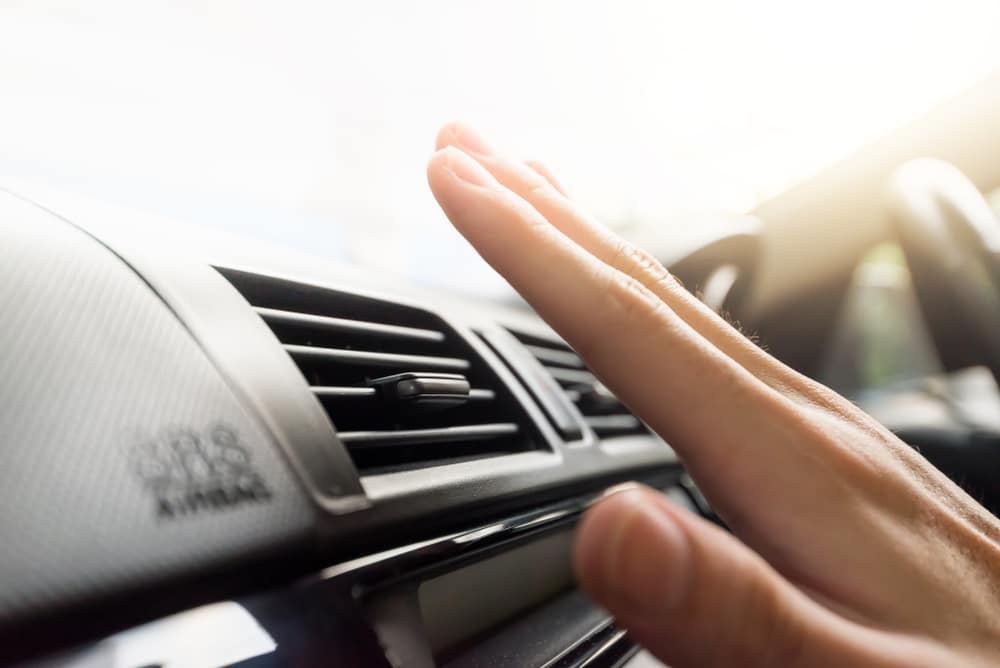
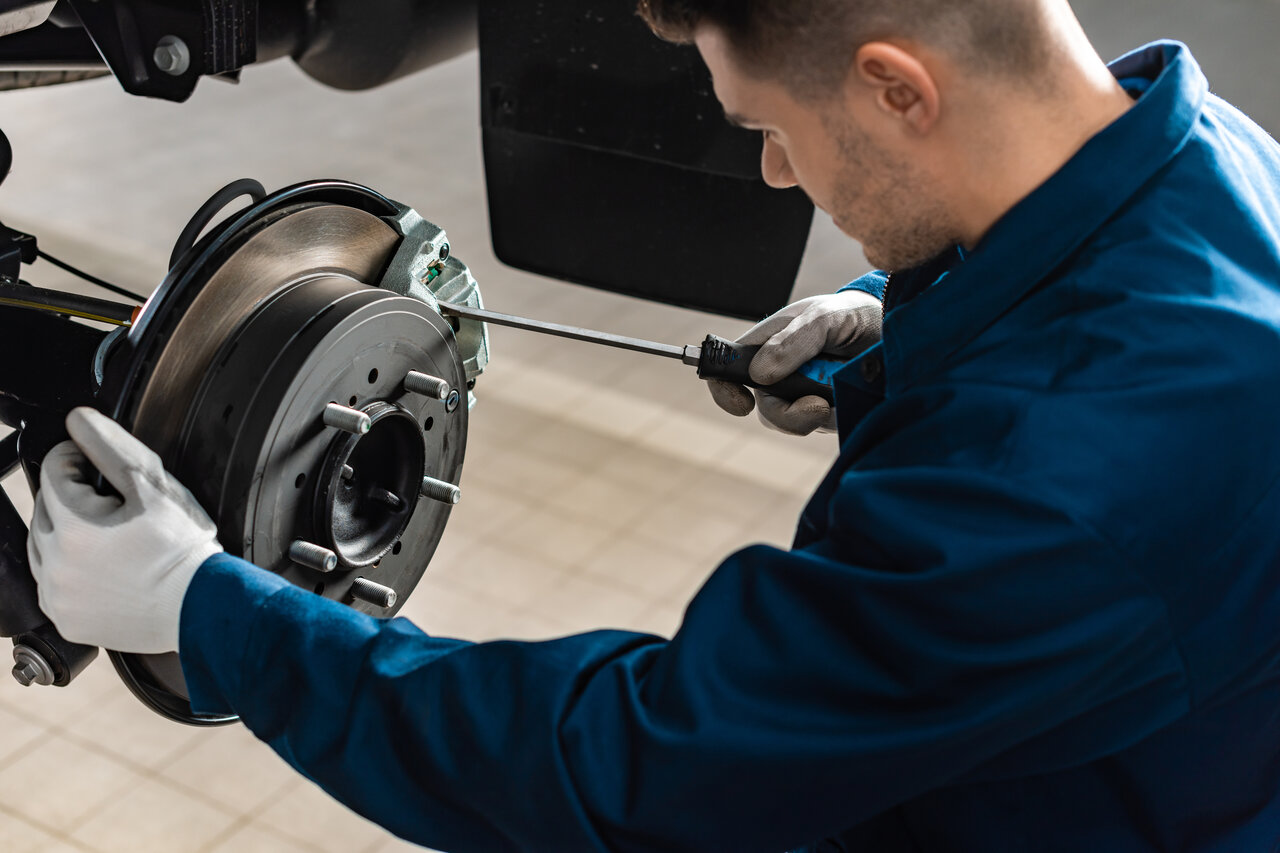
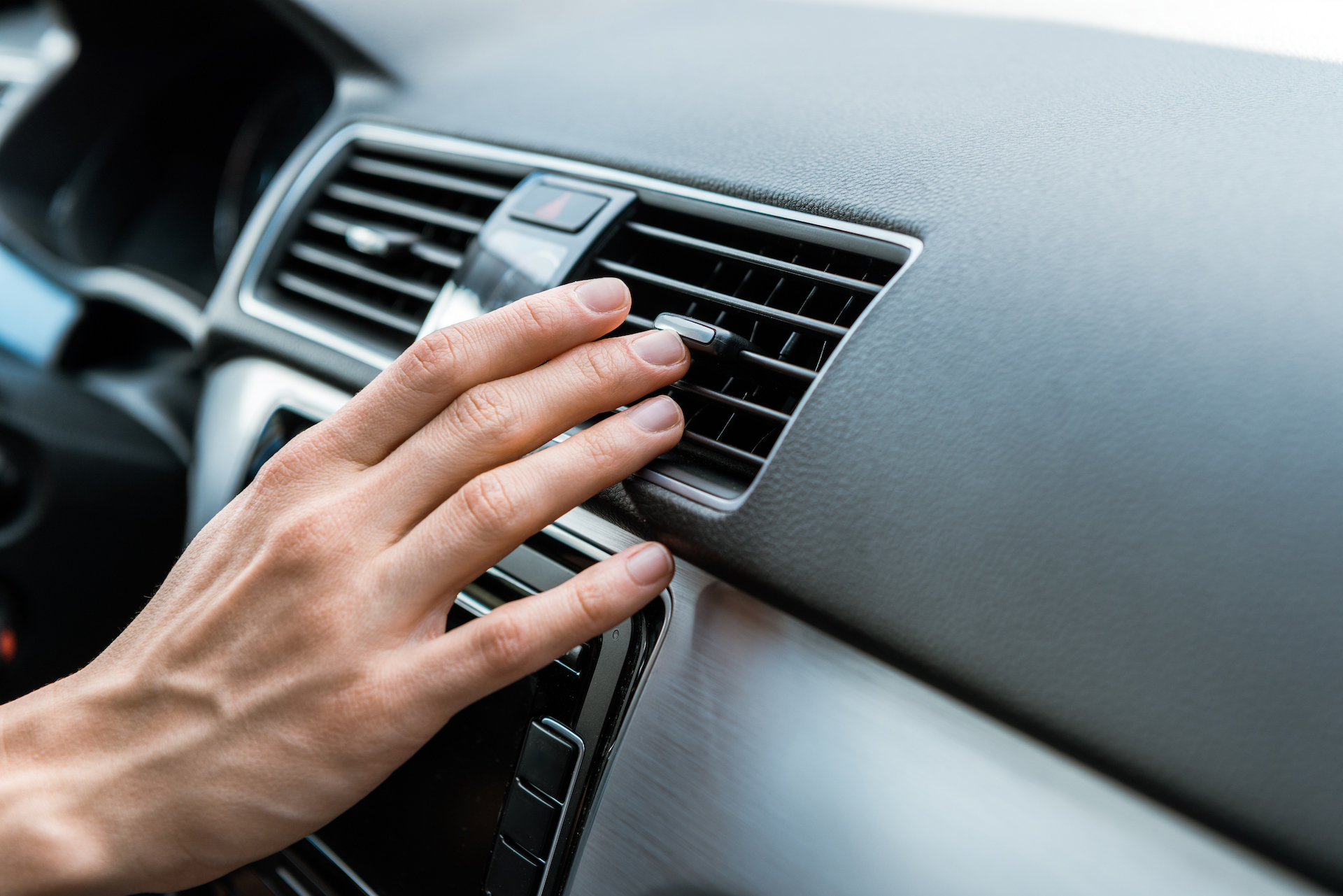
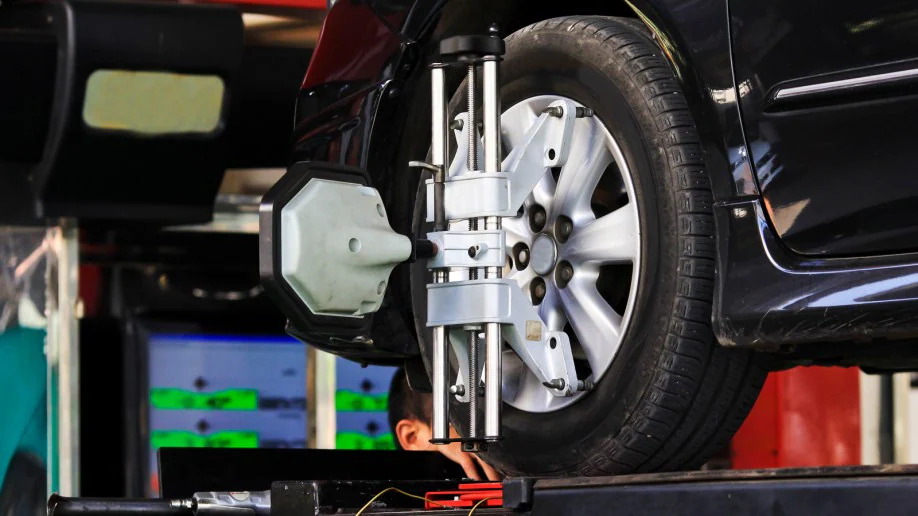
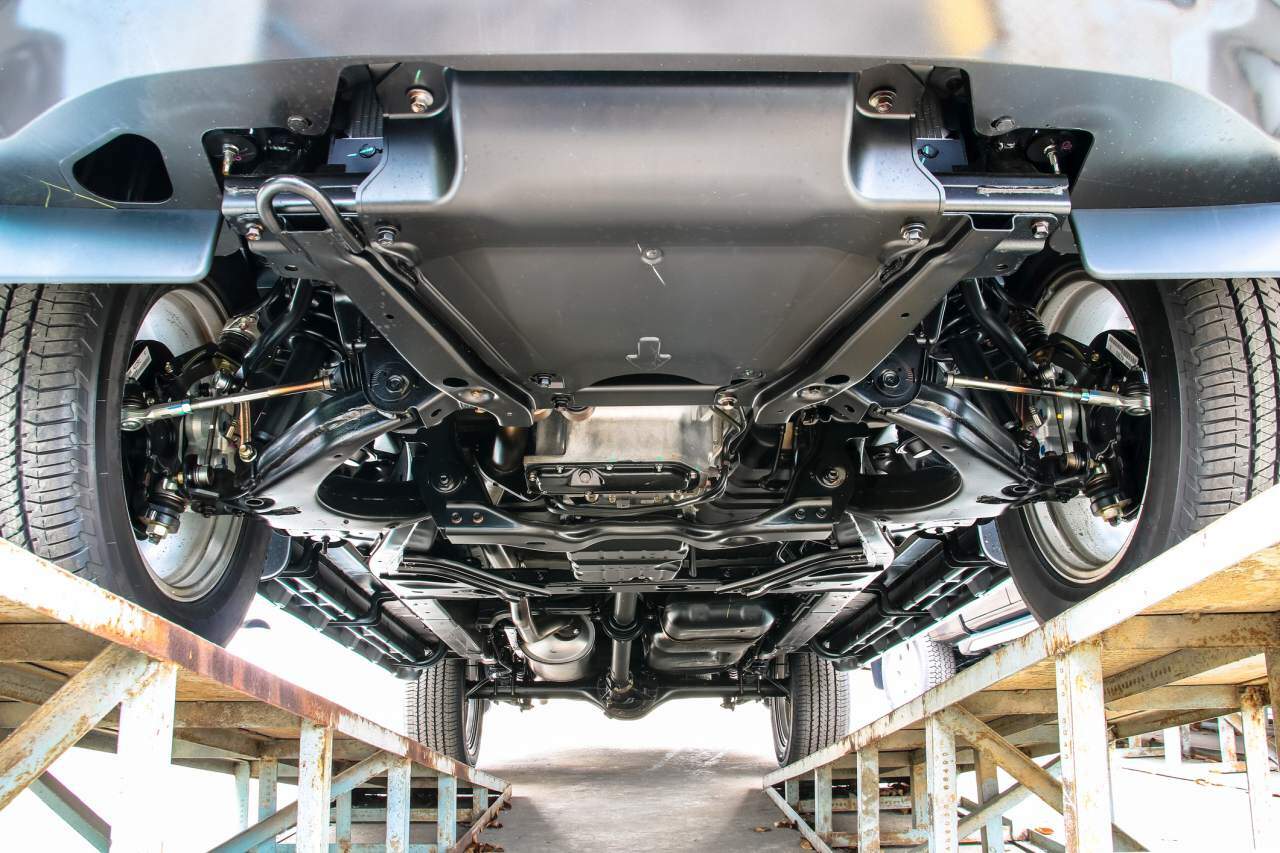
comments 0